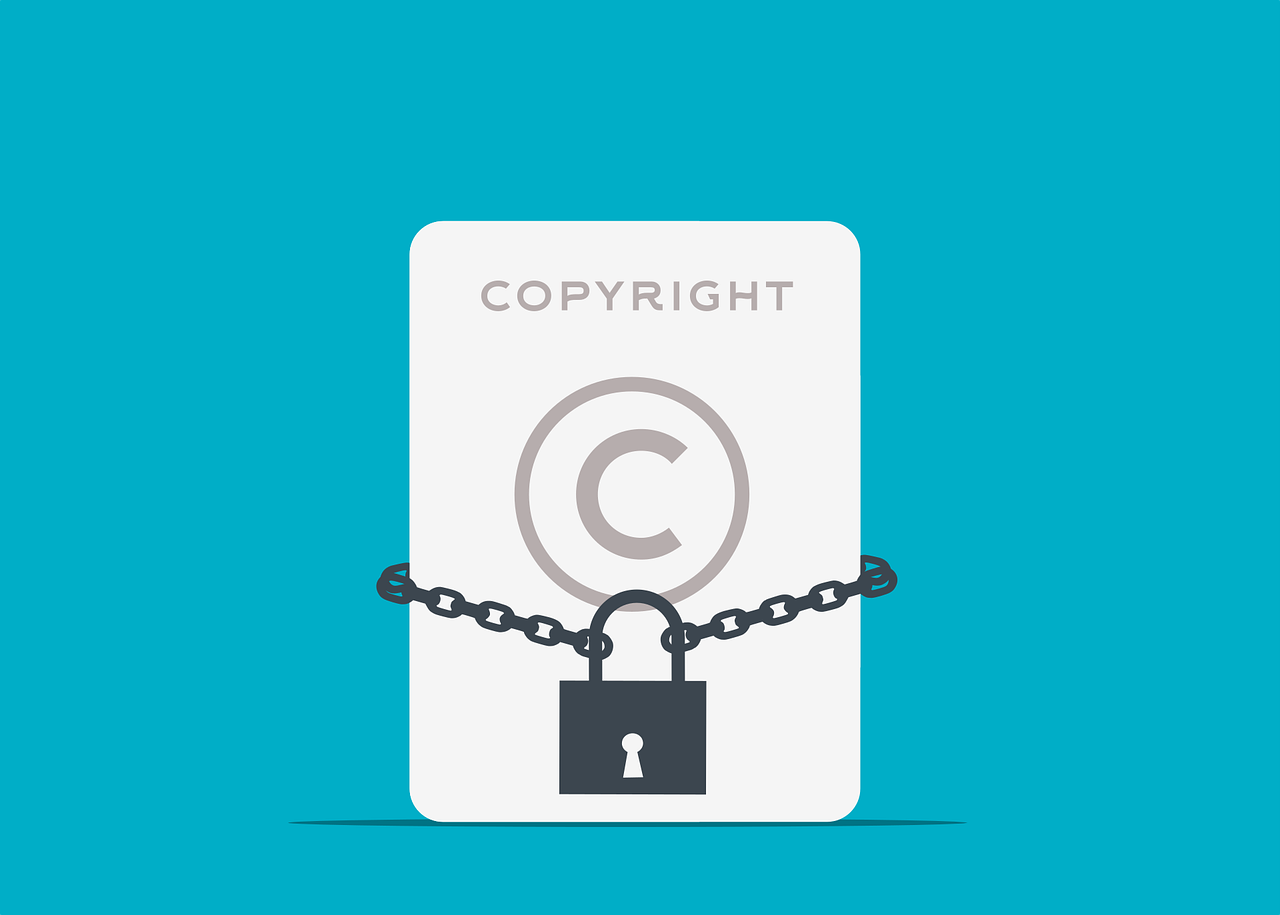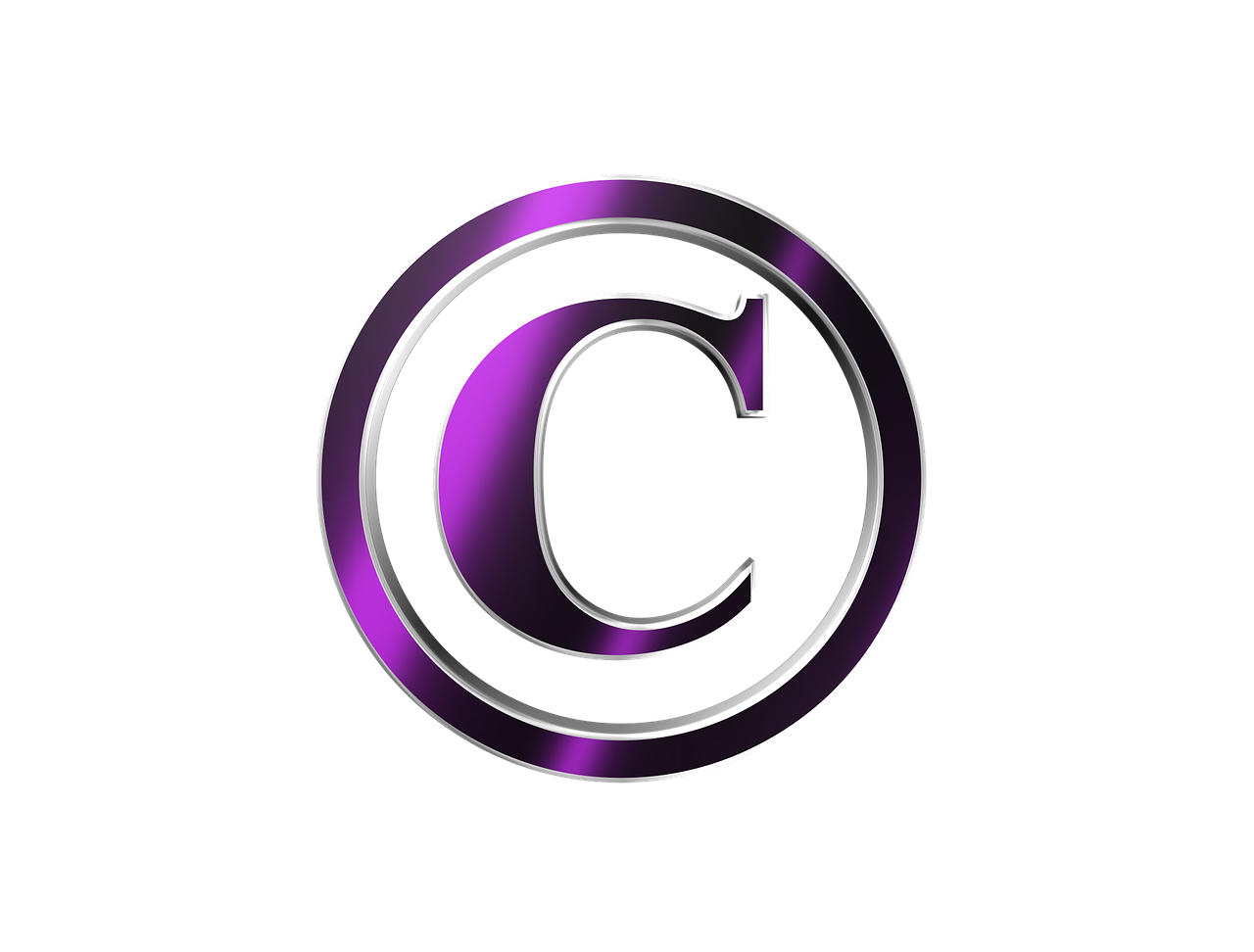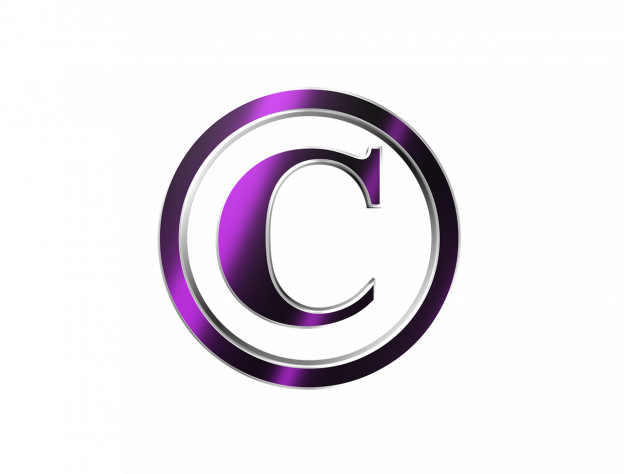In the rapidly evolving world of intellectual property, businesses and entrepreneurs in West Haven, Utah face numerous challenges when it comes to protecting their valuable intangible assets. From trademarks and copyrights to patents and trade secrets, the need for expert legal guidance in navigating the complex realm of intellectual property law cannot be overstated. As a premier intellectual property lawyer in West Haven, Utah, you can trust in our extensive knowledge and experience to ensure that your unique creations, inventions, and innovations are safeguarded against infringement and misappropriation. Our team is dedicated to providing comprehensive solutions tailored to the specific needs of businesses and individuals alike, so that you can focus on what you do best – driving growth and success. Keep reading to learn more about intellectual property law and discover the answers to some commonly asked questions in this area.
What is Intellectual Property
Intellectual property refers to intangible creations of the human mind, such as inventions, literary and artistic works, symbols, names, and designs, that are protected by law. These creations can be valuable assets to individuals and businesses and are protected by various laws and regulations.
Types of Intellectual Property
There are several types of intellectual property, each with its own set of laws and protections:
-
Trademarks: These are symbols, names, or logos that distinguish the goods or services of one entity from another. They can include brand names, slogans, and even unique packaging.
-
Copyrights: Copyrights protect original artistic, literary, or musical works, such as books, music, movies, or computer software. This protection grants the creator exclusive rights to reproduce, distribute, and display their work.
-
Patents: Patents are granted to inventors for new and useful inventions, processes, or designs. They provide the inventor with exclusive rights to their invention, preventing others from making, selling, or using the patented invention without permission.
-
Trade Secrets: Trade secrets are valuable pieces of information that give a business a competitive advantage. These can include formulas, recipes, manufacturing processes, or customer lists. Trade secrets are protected as long as they remain confidential.
Importance of Intellectual Property
Intellectual property plays a crucial role in fostering innovation, creativity, and economic growth. Here are a few reasons why intellectual property protection is important:
-
Incentive to innovate: Intellectual property protection encourages individuals and businesses to invest time, money, and resources into creating new products and services. By providing exclusive rights, intellectual property laws incentivize innovation and reward creators for their efforts.
-
Competitive edge: Intellectual property rights provide businesses with a competitive advantage by preventing others from using or copying their inventions, branding, or creative works. This allows businesses to differentiate themselves from their competitors and establish a strong market position.
-
Revenue generation: Intellectual property can be monetized through licensing or selling the rights to others. This enables creators and businesses to generate revenue from their intellectual assets and create additional income streams.
-
Brand recognition and reputation: Trademarks and branding are essential for businesses to build brand recognition and reputation. By protecting their trademarks, businesses can establish a strong and trusted brand identity in the marketplace.
How to Protect Intellectual Property
To safeguard their intellectual property, individuals and businesses should take the following steps:
-
Registration: Depending on the type of intellectual property, registering the creation with the relevant government agency is often the first step in protection. This can include trademark registration, copyright registration, or patent application.
-
Confidentiality agreements: For trade secrets or confidential information, it is crucial to have non-disclosure agreements (NDAs) in place when sharing sensitive information with employees, partners, or third parties.
-
Monitoring and enforcement: Regularly monitoring the market for any unauthorized use of intellectual property is key to preventing infringement. If infringement is detected, prompt enforcement actions should be taken, such as sending cease and desist letters or pursuing legal action.
-
Consulting an intellectual property lawyer: Seeking the guidance and expertise of an intellectual property lawyer is highly recommended to ensure proper protection of intellectual property rights and to navigate the complex legal landscape.
Why Businesses Need an Intellectual Property Lawyer
Understanding the Value of Intellectual Property
For businesses, intellectual property can be one of their most valuable assets. From trademarks that represent their brand identity to patents that protect their innovative products, intellectual property assets can have a significant impact on a company’s success and market position. An intellectual property lawyer can help businesses understand the value of their intellectual property and develop strategies to protect and monetize their assets.
Navigating Intellectual Property Laws
Intellectual property laws can be complex and vary from country to country. Navigating these laws and understanding the requirements for registration, enforcement, and licensing can be challenging for businesses. An experienced intellectual property lawyer has in-depth knowledge of these laws and can provide guidance on compliance, registration, and enforcement strategies.
Enforcing Intellectual Property Rights
In the event of intellectual property infringement, businesses need a strong advocate to protect and enforce their rights. An intellectual property lawyer can represent businesses in legal disputes, negotiate settlements, and pursue litigation if necessary. Their expertise in intellectual property law ensures that businesses have the best chance of a successful outcome in enforcing their rights.

Services Provided by an Intellectual Property Lawyer
An intellectual property lawyer offers a range of services to help businesses protect and manage their intellectual property assets, including:
Trademark Registration and Protection
A trademark is a valuable asset for businesses, representing their brand and distinguishing them from competitors. An intellectual property lawyer can assist in registering trademarks with the relevant trademark offices, conducting trademark searches to ensure availability, and enforcing trademark rights against infringement.
Copyright Registration and Protection
Copyright protection is essential for creators of original works, such as authors, musicians, and artists. An intellectual property lawyer can help individuals and businesses register their copyrights, draft license agreements, and enforce their copyright rights against infringement.
Patent Application and Prosecution
Developing and securing patents for inventions can be a complex process. An intellectual property lawyer can assist in drafting patent applications, conducting prior art searches, and navigating the patent prosecution process to secure patent protection for innovative products or technologies.
Trade Secret Protection
Trade secrets include valuable business information that is not publicly known and provides a competitive advantage. An intellectual property lawyer can help businesses protect their trade secrets through confidentiality agreements, employee training, and enforcement measures in cases of misappropriation.
Intellectual Property Litigation
In situations where intellectual property rights have been infringed, an intellectual property lawyer can represent businesses in litigation. They can file lawsuits, negotiate settlements, and pursue legal remedies to protect and enforce intellectual property rights.
Qualities to Look for in an Intellectual Property Lawyer
Knowledge and Expertise
When choosing an intellectual property lawyer, it is crucial to select someone with extensive knowledge and expertise in intellectual property law. Look for a lawyer who specializes in this area and has a deep understanding of the specific laws and regulations that apply to your intellectual property assets.
Experience and Track Record
Experience matters when it comes to intellectual property law. An experienced lawyer will have handled a variety of cases and will be able to provide valuable insights and strategies for protecting and enforcing your intellectual property rights. Look for a lawyer with a proven track record of success in the field.
Communication and Availability
Effective communication is essential when working with a lawyer. Look for a lawyer who is responsive, listens to your concerns, and is able to explain complex legal concepts in a clear and understandable manner. Availability is also important, as you want to ensure that your lawyer is accessible when you need them.
Personalized Approach
Every business has unique intellectual property needs. Look for a lawyer who takes a personalized approach to your case, understanding your specific goals and tailoring their strategies accordingly. A lawyer who takes the time to understand your business and its intellectual property assets will be better equipped to provide effective legal advice and representation.
Choosing the Right Intellectual Property Lawyer
Choosing the right intellectual property lawyer involves a thoughtful and thorough process. Here are some key steps to consider:
Identifying Your Needs
Before starting your search for an intellectual property lawyer, it is important to identify your specific needs and goals. Determine the type of intellectual property assets you have, the level of protection you require, and any specific legal issues you need assistance with. This will help you find a lawyer with the right expertise.
Researching and Interviewing Candidates
Research potential intellectual property lawyers by reviewing their websites, reading client testimonials, and seeking recommendations from trusted sources. Narrow down your list of candidates and schedule initial consultations to discuss your needs and assess their expertise and approach.
Evaluating Credentials and Reputation
During the consultations, ask about the lawyer’s credentials, experience, and track record. Inquire about previous cases they have handled that are similar to your own. Additionally, consider their reputation within the legal community, including any accolades, memberships, or publications that demonstrate their expertise.
Frequently Asked Questions about Intellectual Property Lawyers
What is the role of an intellectual property lawyer?
An intellectual property lawyer specializes in helping individuals and businesses protect, manage, and enforce their intellectual property rights. Their role involves providing legal advice, assisting with registration processes, enforcing rights against infringement, and representing clients in intellectual property litigation.
How much does it cost to hire an intellectual property lawyer?
The cost of hiring an intellectual property lawyer can vary depending on factors such as the complexity of the case, the services required, and the lawyer’s experience. Some lawyers may charge an hourly rate, while others may offer fixed-fee packages. It is important to discuss fees and billing arrangements with the lawyer during the initial consultation.
How long does it take to resolve an intellectual property case?
The timeframe for resolving an intellectual property case can vary greatly depending on the specific circumstances and complexity of the case. Some cases can be resolved through negotiation or alternative dispute resolution methods relatively quickly, while others may require litigation and can take several months or even years to reach a resolution.
Can I handle intellectual property matters on my own?
While it is possible to handle certain intellectual property matters on your own, such as trademark applications or copyright registrations, it is highly recommended to seek the guidance of an experienced intellectual property lawyer. They can navigate the complexities of intellectual property laws, provide legal advice, and ensure the best protection for your intellectual property assets.
What are the potential consequences of not protecting my intellectual property?
Failing to protect your intellectual property can result in various negative consequences. Without proper protection, others may infringe on your rights, leading to financial losses, damage to your brand reputation, and loss of market share. Protecting your intellectual property is crucial to safeguarding your competitive advantage and ensuring the value of your creations or innovations.

Case Studies: Intellectual Property Issues and Solutions
Case Study 1: Trademark Infringement in the Food Industry
A restaurant owner discovered that another establishment was using a similar name and logo, potentially causing confusion among customers. The owner consulted an intellectual property lawyer who conducted a thorough search and found that the other restaurant’s trademark infringed on their client’s rights. The lawyer sent a cease and desist letter, demanding the immediate cessation of the infringing use. The other restaurant complied, avoiding potential customer confusion and preserving the reputation of the original establishment.
Case Study 2: Copyright Dispute in the Entertainment Sector
An independent filmmaker discovered that a large production company had used significant portions of their film in a commercial without permission. The filmmaker engaged an intellectual property lawyer who filed a copyright infringement lawsuit on their behalf. Through strategic negotiation, the lawyer secured a favorable settlement, compensating the filmmaker for the unauthorized use and protecting their rights as a creator.
Case Study 3: Patent Infringement in the Technology Field
A tech start-up discovered that a competitor had developed a product suspiciously similar to their patented invention. Fearing the loss of their competitive advantage, they sought the help of an intellectual property lawyer who conducted a detailed analysis of both products. The lawyer filed a patent infringement lawsuit and secured an injunction, preventing the competitor from further infringing on their client’s patent. The lawsuit ultimately resulted in a settlement that protected the start-up’s patent rights and provided compensation for damages.
Client Testimonials: Satisfied Businesses and Business Owners
“[Lawyer’s Name] has been a crucial partner in protecting our intellectual property assets. Their expertise, dedication, and strategic approach have helped us navigate complex intellectual property laws and secure patent and trademark protection. We highly recommend their services.”
“[Lawyer’s Name] provided exceptional legal counsel and representation in our copyright infringement case. They were responsive, knowledgeable, and fought vigorously to protect our creative works. We are grateful for their expertise and highly recommend their services.”
“We have relied on [Lawyer’s Name]’s expertise in intellectual property litigation for several years. Their track record of success and personalized approach to our cases have proven invaluable. We appreciate their commitment to protecting our trade secrets and enforcing our intellectual property rights.”

Contact an Intellectual Property Lawyer in West Haven, Utah
If you or your business are facing intellectual property issues or need assistance with protecting and managing your intellectual property assets, contact [Lawyer’s Name], an experienced intellectual property lawyer in West Haven, Utah. With their knowledge, expertise, and client-centered approach, they can provide effective legal solutions to help you safeguard your intellectual property rights. Call [Phone Number] or visit [Website URL] to schedule a consultation today.
FAQs (for each question):
Q: What is the role of an intellectual property lawyer? A: An intellectual property lawyer specializes in helping individuals and businesses protect, manage, and enforce their intellectual property rights. Their role involves providing legal advice, assisting with registration processes, enforcing rights against infringement, and representing clients in intellectual property litigation.
Q: How much does it cost to hire an intellectual property lawyer? A: The cost of hiring an intellectual property lawyer can vary depending on factors such as the complexity of the case, the services required, and the lawyer’s experience. Some lawyers may charge an hourly rate, while others may offer fixed-fee packages. It is important to discuss fees and billing arrangements with the lawyer during the initial consultation.
Q: How long does it take to resolve an intellectual property case? A: The timeframe for resolving an intellectual property case can vary greatly depending on the specific circumstances and complexity of the case. Some cases can be resolved through negotiation or alternative dispute resolution methods relatively quickly, while others may require litigation and can take several months or even years to reach a resolution.
Q: Can I handle intellectual property matters on my own? A: While it is possible to handle certain intellectual property matters on your own, such as trademark applications or copyright registrations, it is highly recommended to seek the guidance of an experienced intellectual property lawyer. They can navigate the complexities of intellectual property laws, provide legal advice, and ensure the best protection for your intellectual property assets.
Q: What are the potential consequences of not protecting my intellectual property? A: Failing to protect your intellectual property can result in various negative consequences. Without proper protection, others may infringe on your rights, leading to financial losses, damage to your brand reputation, and loss of market share. Protecting your intellectual property is crucial to safeguarding your competitive advantage and ensuring the value of your creations or innovations.



